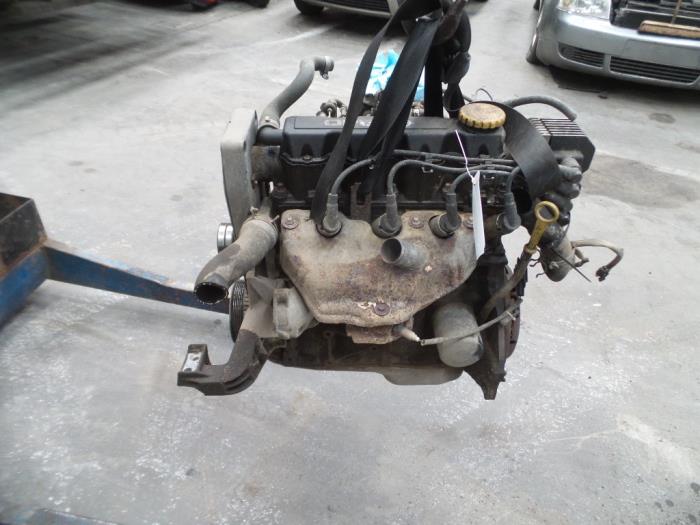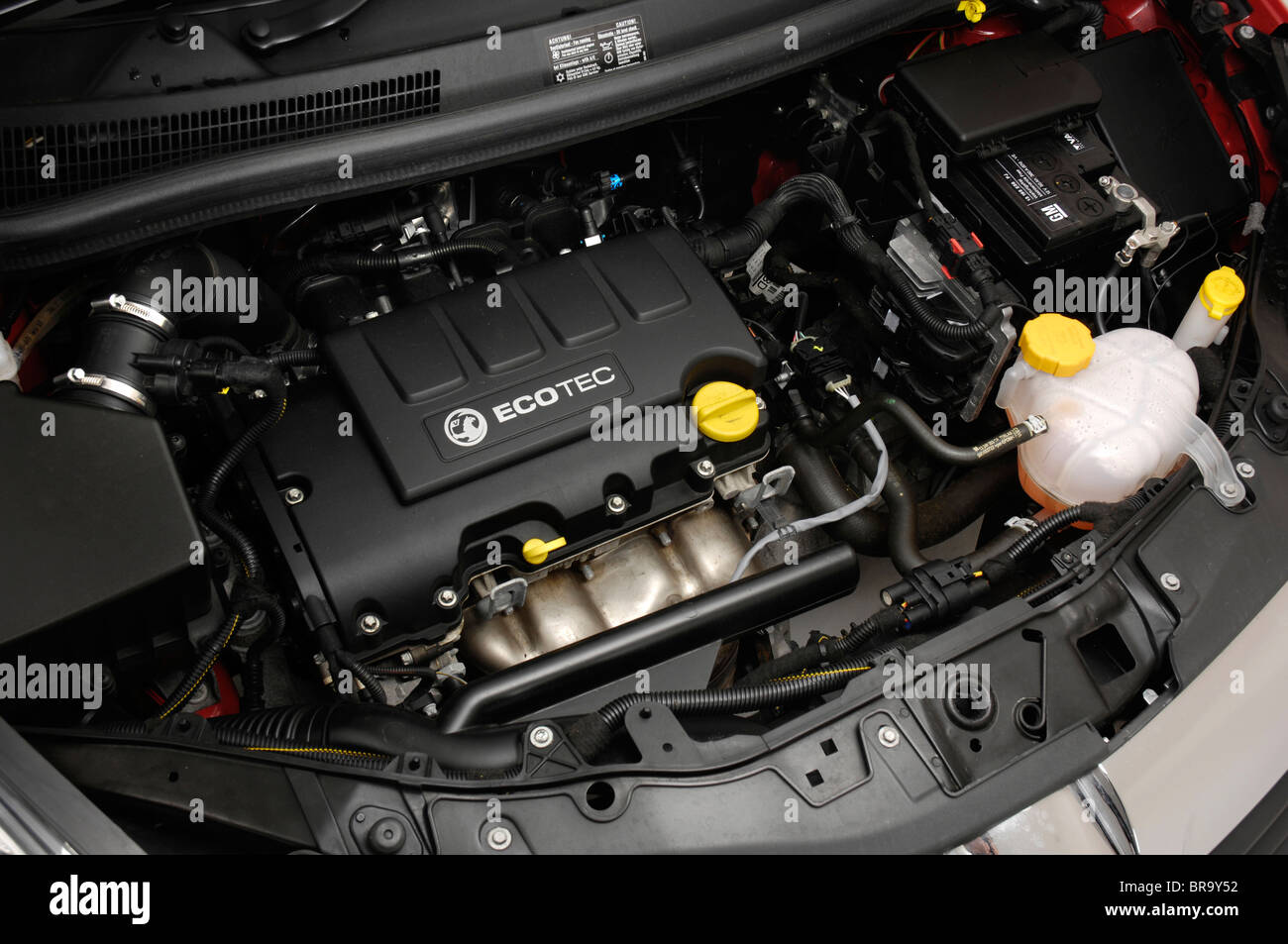Opel Corsa 1.4 Engine Price Overview: Browse the Best Offers at Automobile Components Central
Opel Corsa 1.4 Engine Price Overview: Browse the Best Offers at Automobile Components Central
Blog Article
Engine Purchasing Expert Tips on Picking the Right Engine for Your Certain Requirements
Choosing the appropriate engine for your details requirements involves an intricate interplay of elements that go beyond simple horse power numbers. By diving right into the complexities of power versus effectiveness, assessing fuel ratings, and budgeting for long-term costs, one can truly maximize their engine selection.
Power Vs. Effectiveness: Finding the Balance
When selecting an engine, it is essential to strike an equilibrium in between power and efficiency to fulfill your certain demands effectively. Power refers to the engine's capacity to create power for propulsion, figuring out elements like velocity, lugging capability, and overall performance - Opel Corsa 1.4 Engine Price. On the other hand, effectiveness relates to exactly how well the engine utilizes gas to produce power, affecting aspects such as fuel economic climate and environmental kindness
Accomplishing the ideal balance between power and effectiveness is essential because an engine that is as well effective might eat extreme gas, leading to higher operating prices and unneeded strain on the environment. Alternatively, an engine that prioritizes effectiveness over power may cause slow-moving efficiency, especially popular circumstances like hauling hefty tons or driving uphill.
To make a notified choice, consider factors such as your normal driving problems, the desired use the lorry, and your individual choices. By assessing your requirements and top priorities, you can pick an engine that strikes the ideal balance in between power and effectiveness, ensuring optimal performance while minimizing environmental influence and operating expenses.
Comprehending Engine Size and Type
To even more improve the selection process of an engine that strikes the optimal balance in between power and efficiency, it is essential to delve into the ins and outs of understanding engine size and type. Engine size refers to the complete volume of air and gas that can be pressed via the engine cylinders.
Furthermore, engine type plays a vital role in determining the performance attributes of an engine. Typical engine kinds consist of inline engines, V engines, and rotary engines, each with its one-of-a-kind advantages and drawbacks. The engine type affects elements such as the engine's dimension, weight circulation, and power shipment. Recognizing the interplay between engine size and type is essential in choosing an engine that straightens with your specific requirements and priorities, whether it be power, performance, or a balance of both.

Consider Your Lorry's Needs
If you are looking for an engine for a durable vehicle that will be utilized for towing, you will certainly need an effective engine with high torque capacities. On the other hand, if you are choosing an engine for a compact car mostly used for city travelling, fuel performance may be a much more essential element to consider.
Additionally, the terrain on which the automobile will largely operate need to influence check over here your engine option. A robust engine with excellent climbing power will be required if you regularly drive in hilly or hilly areas. Alternatively, for flat surfaces, a more fuel-efficient engine might be enough. By lining up the engine specs with your vehicle's needs, you can guarantee that your visit homepage vehicle operates successfully and satisfies your performance expectations.
Examining Fuel Effectiveness Rankings
Assessing fuel performance ratings is a crucial aspect of picking the best engine for your car, ensuring cost financial savings and ecological sustainability. Gas effectiveness rankings, usually determined in miles per gallon (MPG) for gasoline engines or kilowatt-hours per 100 miles (kWh/100 miles) for electrical engines, indicate exactly how much an automobile can travel on a specific quantity of fuel or electricity. Greater MPG or lower kWh/100 miles values symbolize a lot more effective engines, equating to minimized gas costs and lower carbon exhausts.
When evaluating fuel efficiency rankings, consider your driving habits and requirements. An extremely fuel-efficient engine can result in substantial cost savings over time if you commute long ranges daily. In addition, contrast various engine choices within the exact same lorry course to identify one of the most economical option. Aspects such as engine dimension, weight, the rules of aerodynamics, and crossbreed or electric capabilities can all influence gas performance.
Budgeting for Long-Term Costs
Purposefully planning for long-lasting expenditures is critical when selecting an engine, making sure economic sustainability over the vehicle's life-span. While the preliminary acquisition price of an engine is a considerable variable, it is essential to take into consideration the long-lasting expenses associated with upkeep, repair services, and fuel usage.
Moreover, investigating the accessibility and cost of substitute parts for the picked engine is important in spending plan preparation. By meticulously budgeting for these long-term costs and factoring them into the decision-making process, individuals can pick an engine that not just satisfies their prompt needs however additionally continues to be cost-efficient throughout its lifespan.
Final Thought
In final thought, selecting the appropriate engine for your specific the original source needs calls for balancing power and effectiveness, understanding engine size and type, considering your vehicle's needs, evaluating gas performance scores, and budgeting for long-lasting prices. By meticulously thinking about these aspects, you can make certain that you pick an engine that meets your demands and supplies ideal efficiency for your vehicle.
To further improve the choice process of an engine that strikes the optimum balance between power and effectiveness, it is vital to dive into the details of understanding engine dimension and type. Engine dimension refers to the overall quantity of air and fuel that can be pressed through the engine cyndrical tubes. Typical engine kinds consist of inline engines, V engines, and rotary engines, each with its special benefits and drawbacks. Comprehending the interaction between engine dimension and kind is essential in choosing an engine that straightens with your particular demands and priorities, whether it be power, performance, or an equilibrium of both.

Report this page